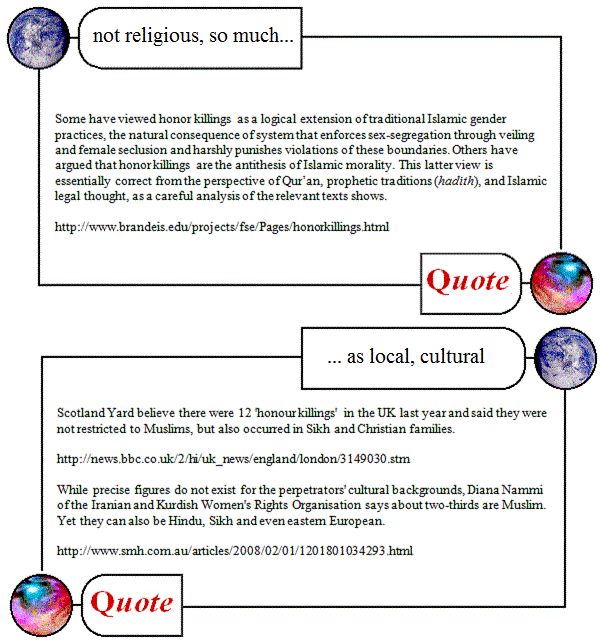FROM THIS WEEK’S HEADLINES:
Despite tensions, Turkish diplomats are keen to point out when they started their trilateral meetings the then leaders of Pakistan and Afghanistan would not even talk to one another. On Thursday night the Afghan and Pakistan presidents dined together.
“Turkey-Afghanistan-Pakistan summit in Istanbul, Turkey, Friday, Dec. 24, 2010. ” – VOA (via Small Wars Journal)
FROM THE HISTORY BOOKS:
“Dear Mr. Prime Minister:
I send you this personal message because I want you to know about my decision to extend military aid to Pakistan before it is public knowledge and also because I want you to know directly from me that this step does not in any way affect the friendship we feel for India. Quite the contrary. We will continually strive to strengthen the warm and enduring friendship between our two countries.
Our two Governments have agreed that our desires for peace are in accord. It has also been understood that if our interpretation of existing circumstances and our belief in how to achieve our goals differ, it is the right and duty of sovereign nations to make their own decisions. Having studied long and carefully the problem of opposing possible aggression in the Middle East, I believe that consultation between Pakistan and Turkey about security problems will serve the interests not only of Pakistan and Turkey but also of the whole free world. Improvement in Pakistan’s defensive capability will also serve these interests and it is for this reason that our aid will be given. This Government’s views on this subject are elaborated in a public statement I will release, a copy of which Ambassador Allen will give you.
What we are proposing to do, and what Pakistan is agreeing to, is not directed in any way against India. And I am confirming publicly that if our aid to any country, including Pakistan, is misused and directed against another in aggression I will undertake immediately, in accordance with my constitutional authority, appropriate action both within and without the UN to thwart such aggression. I believe that the Pakistan-Turkey collaboration agreement which is being discussed is sound evidence of the defensive purposes which both countries have in mind.
I know that you and your Government are keenly aware of the need for economic progress as a prime requisite for stability and strength. This Government has extended assistance to India in recognition of this fact, and I am recommending to Congress a continuation of economic and technical aid for this reason. We also believe it in the interest of the free world that India have a strong military defense capability and have admired the effective way your Government has administered your military establishment. If your Government should conclude that circumstances require military aid of a type contemplated by our mutual security legislation, please be assured that your request would receive my most sympathetic consideration.
I regret that there has been such widespread and unfounded speculation on this subject. Now that the facts are known, I hope that the real import of our decision will be understood.
With best wishes,
Sincerely,
DWIGHT D. EISENHOWER”
Letter to Prime Minister Nehru of India Concerning U.S. Military Aid to Pakistan. February 25, 1954
Long term strategy-wise, the American foreign policy establishment appears to get “stuck” in habits and patterns and grooves and constituencies and conventional wisdoms and all of that. I suppose that’s life in a big old messy democracy, eh? Or is it possible to do better? (By the way, this is not “blame America” time here at ChicagoBoyz. India, Pakistan, America, Turkey – what have you – all have “agency” and are responsible for individual national actions.)
